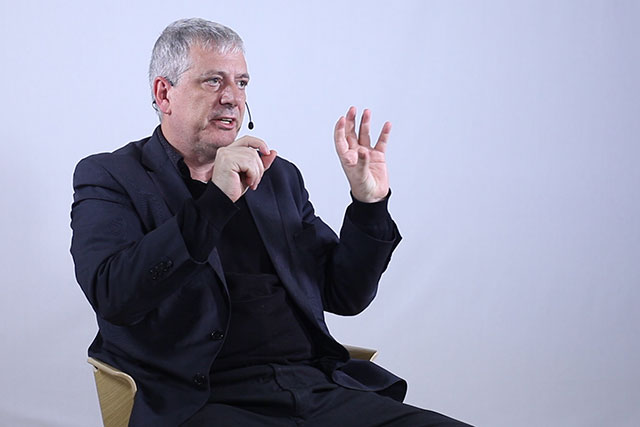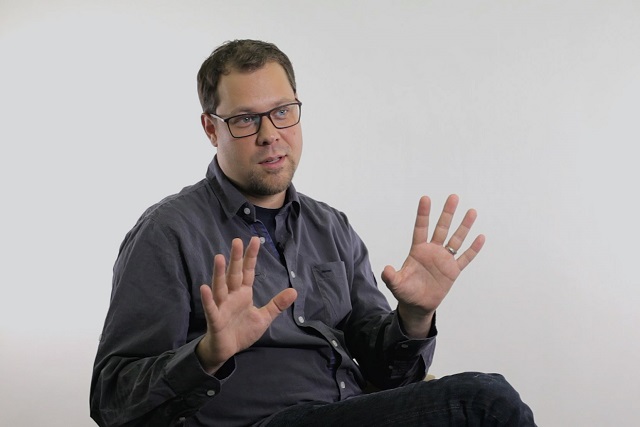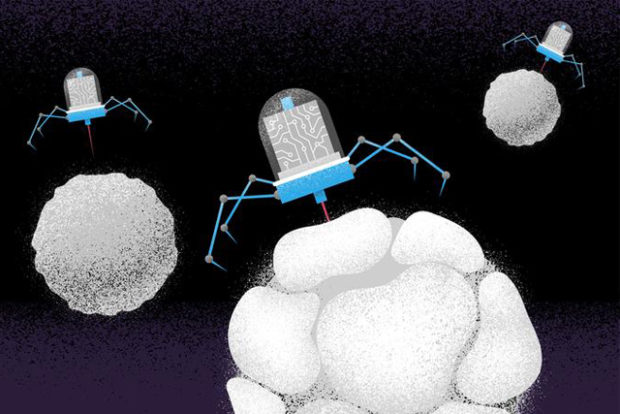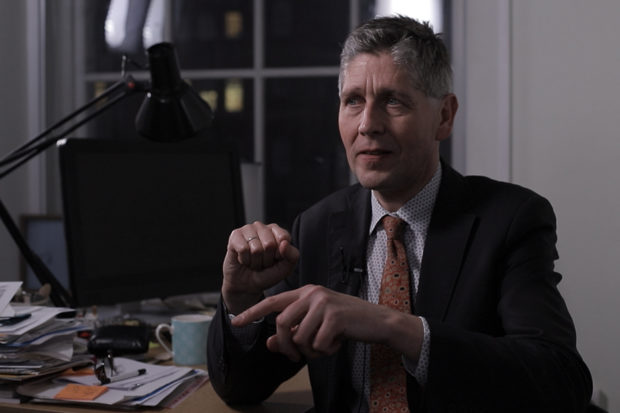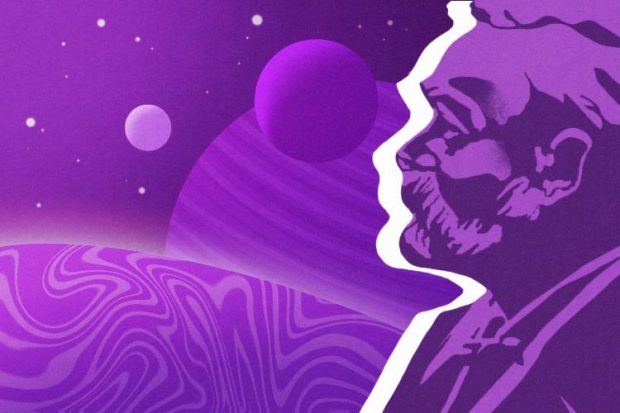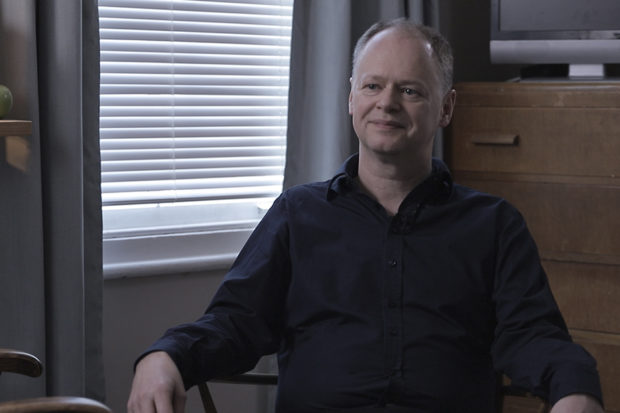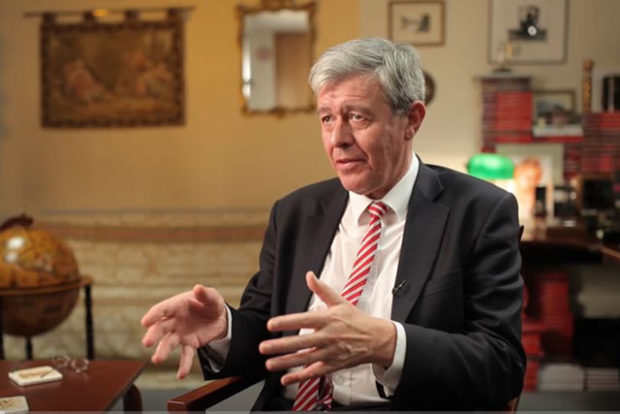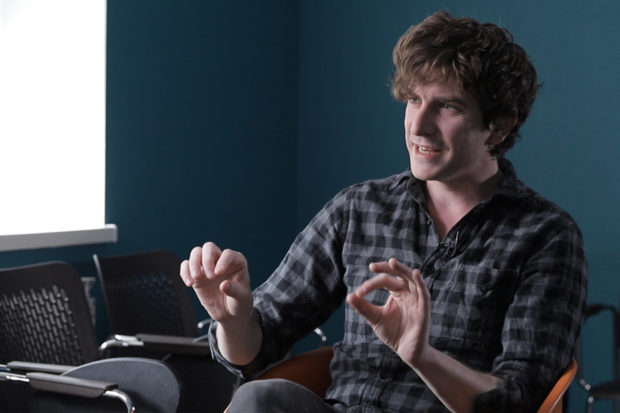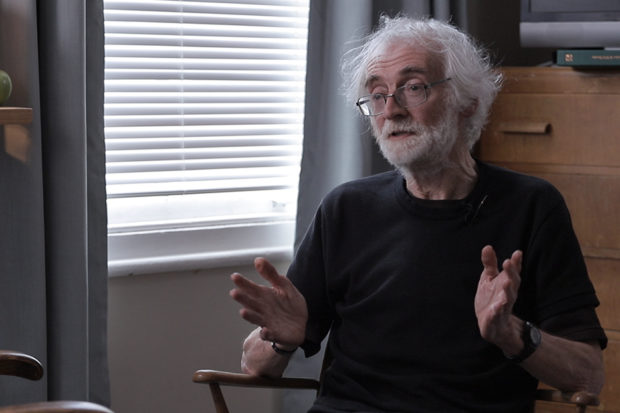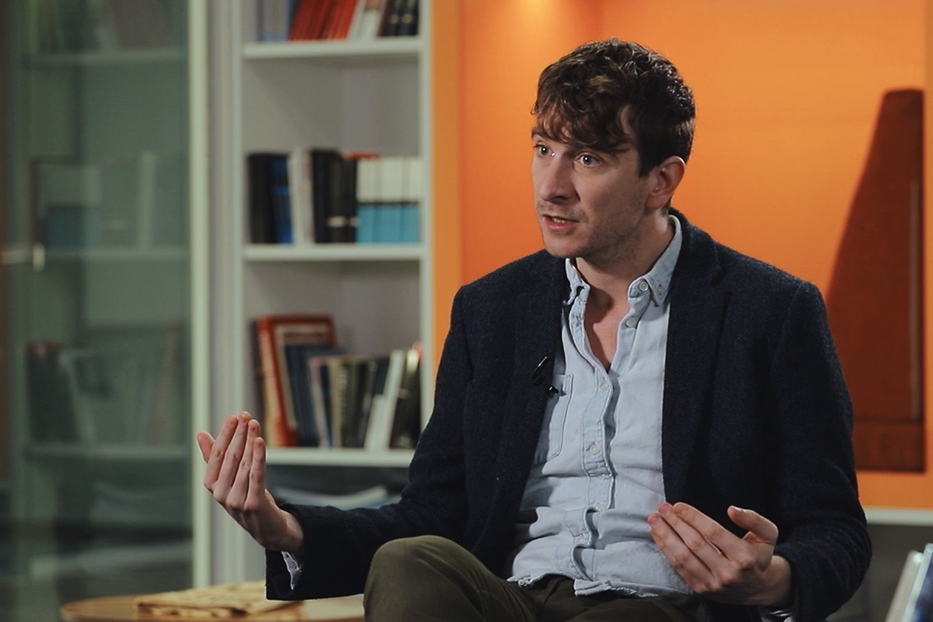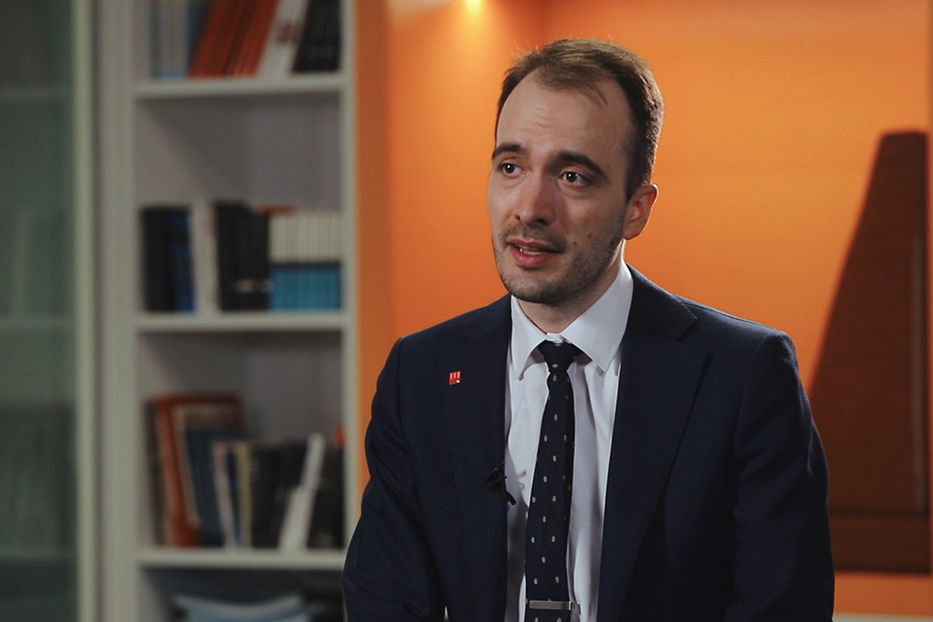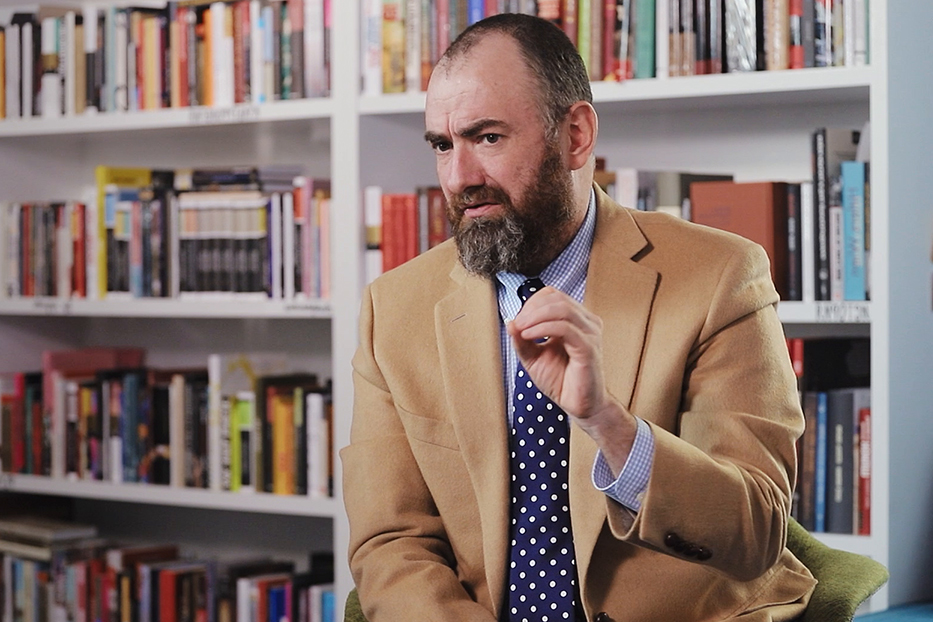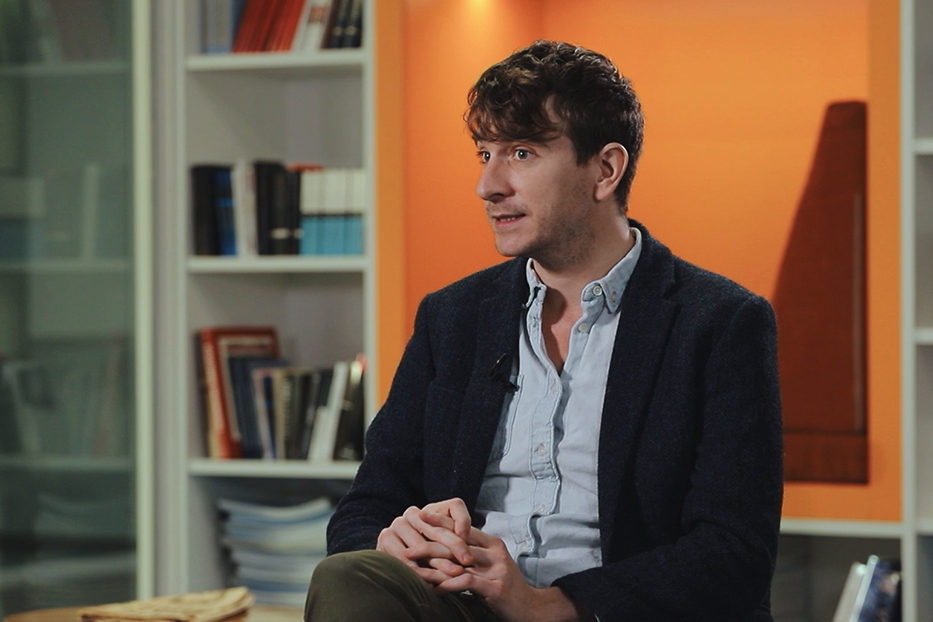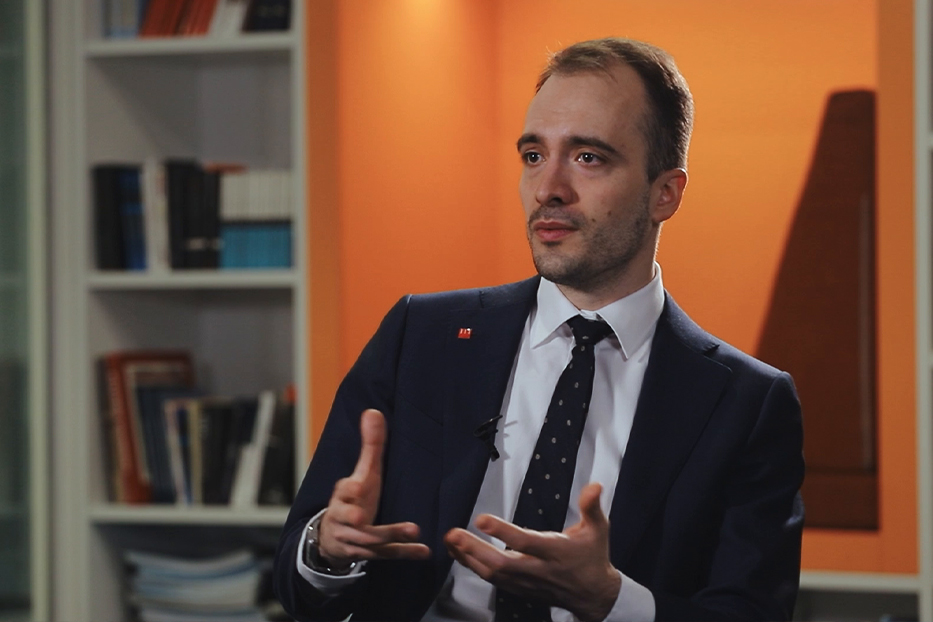Money and Neuroeconomics
Neuroeconomist Sacha Bourgeois-Gironde on the symbolic aspect of money, brain processing of economic artifacts, and cultural recycling
videos | November 16, 2016
How does the brain process economic information? How may the brain areas responsible for this have developed? How did money emerge? These and other questions are answered by Professor of Economics and Cognitive Science Sacha Bourgeois-Gironde.
What is money? For most people money is what you earn, it’s a reward. In the beginning neuroeconomics with money, if there is such a thing, is the study of monetary reward in the brain. But I don’t think it fully defines clearly the field. Money is a reward, we know that. And we know that money as a reward activates some areas in the brain, like sex, or drugs, or any kind of primary reward. Is money only a primary reward? I don’t think so.
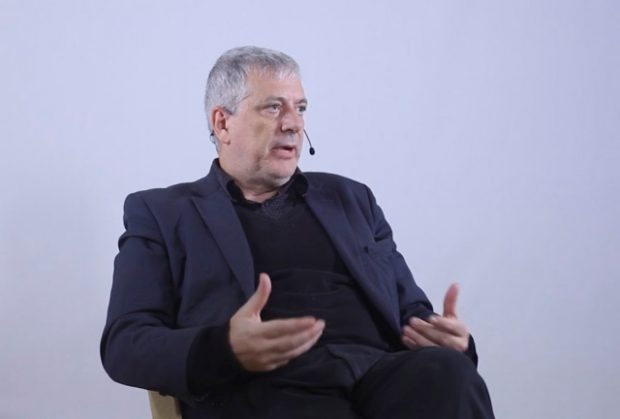
It will take 450ms to recognize that a word is not a word of your natural language. But recognizing whether a coin belongs to this nation or at least has some purchasing power now in our experiment took only 150ms. For a cultural thing, for a conventional thing this is remarkably fast.
Maybe money depends on the beliefs that we have, and those beliefs have an economic realization, and the meeting of beliefs in the world also have some biological markers. Maybe the study of money is connected to the study of the theory of mind in neuroscience. This is one thing. We have to understand the way we coordinate, the way we cooperate.












